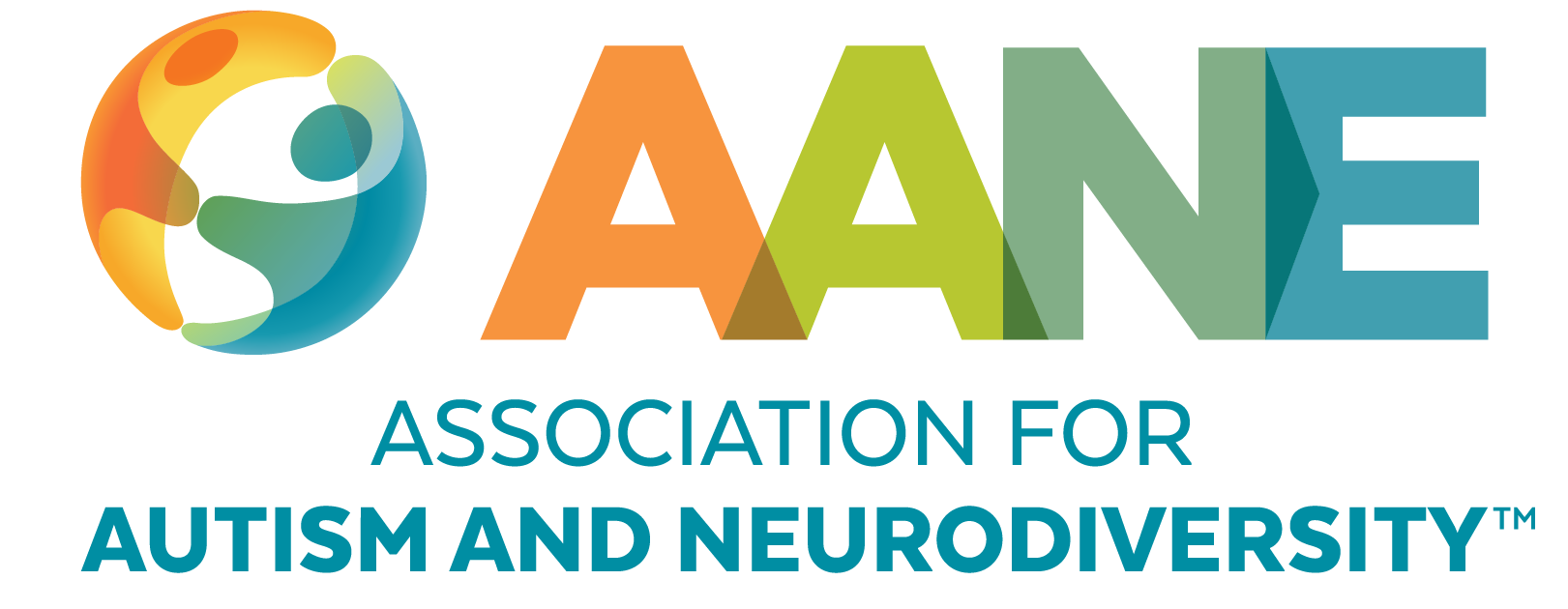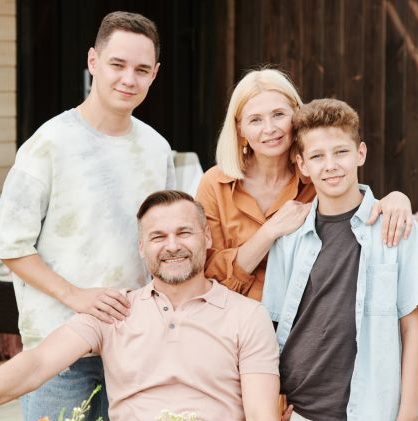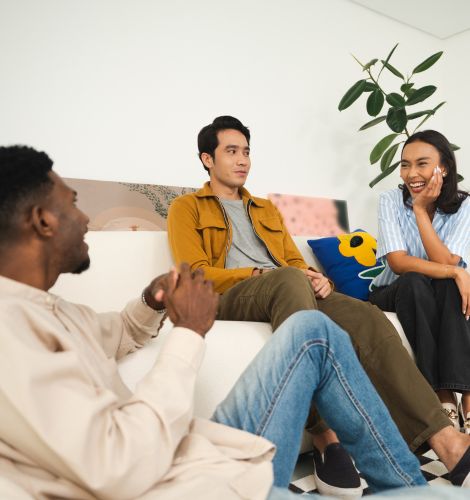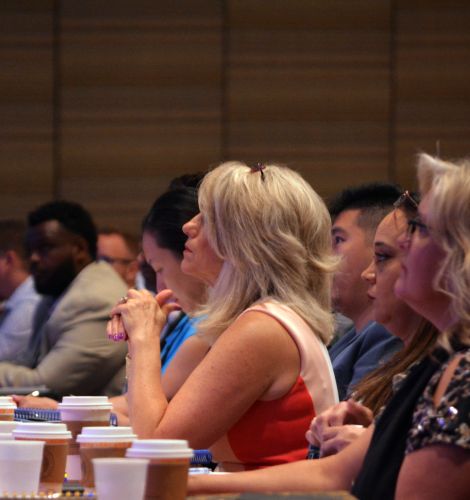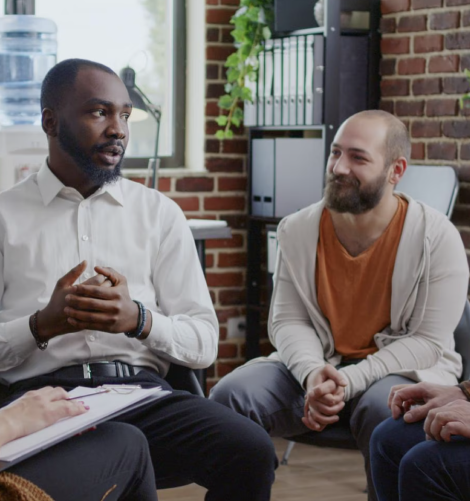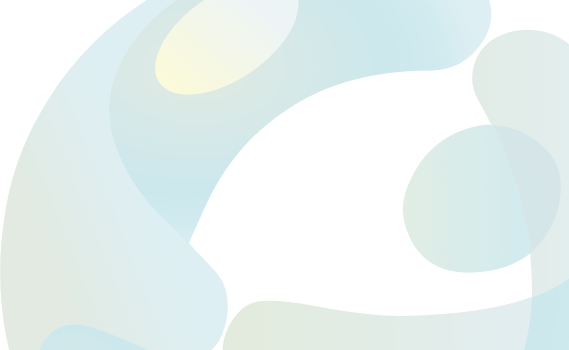
Intersectional Identities
Autism can intersect with various identities, such as gender, race, and sexuality.
Research has shown that autism is often underdiagnosed in women and girls, as well as individuals from racial and ethnic minority groups, while supports and services for Autistic trans, non-binary, and gender-diverse individuals are woefully insufficient. A lack of understanding of individuals living at these intersections has left many people misdiagnosed, without a diagnosis, and without critical mental health and medical services. This highlights the importance of considering intersectional identities in both autism research and clinical practice. It is important to recognize and understand the unique experiences and challenges faced by Autistic individuals with intersectional identities, and to work towards creating accessible, equitable, and inclusive environments that support these needs.
Questions about autism or AANE’s services?
Schedule a call to speak with a member of AANE’s staff, or fill out a form to be contacted by email.
BIPOC
Research shows that BIPOC (Black, Indigenous, and People of Color) individuals are more likely to face systemic barriers to healthcare, education, and employment, which can exacerbate the challenges they face as Autistic individuals.
Stereotypes and biases about race and neurodivergence can also impact how BIPOC Autistic individuals are diagnosed, perceived, and treated by others. It’s important to recognize and address these intersecting issues to ensure that individuals of all identities have access to appropriate, supportive care.

Looking Both Ways: Standing at the Intersection of Race & Disability
"Indeed, a major issue facing the disability community today is complicated by the confluence race, gender, and class."

Autism & Parenting While Black
"My parenting journey has been one of growth and advocacy for my three Autistic adult children, but it can only be fully understood through the lens of race."

Who We Are and How We Show Up in Our Work With Neurodivergent Individuals
"Our goal should be to understand our own social identities and how they impact our work with neurodivergent individuals, especially clients or colleagues who are culturally different from us. "

Video: Book Talk with Essmaa Litim, Author of "Speechless"
Litim writes a moving biography centered in Boston, MA that chronicles her Algerian mother’s courage and commitment to her non-speaking Autistic son and family as she valiantly navigates the barriers and systems of a new country, language, culture, and autism.
LGBTQ+
Autistic individuals are more likely to be gender diverse than the general population. AANE offers support and connection to Autistic LGBTQ+ individuals and their families with dedicated programming, one-on-one consultations, and groups for adults, teens, and parents. AANE will remain steadfast in our commitment to creating and expanding safe and affirming spaces for our community.
Resource: The Trevor Project (LGBTQ+ support): 1-866-488-7386

My Kaleidoscope Life
"Having intersecting identities makes for an existence where I often don’t know where one part of myself ends and another begins."

Webinar: Gender Identity, Sexuality, and Autism
Eva Mendes, Meredith Maroney, and Kendrick Cronin share personal experiences and discuss emerging research on the intersection of autism and LGBTQ+ identities.

Expressing One’s Identity: A Family's Journey
“She'd been on a journey for a while, but our journey as a family started just trying to understand what she wanted, what she needed, and where she needed help.”

Gender Affirming Care For Autistic Transgender, Non-binary, and Gender Diverse Individuals
The landscape of anti-trans bills and gender affirming care is changing rapidly and can be confusing and scary for clients and providers.
Women
Many women and girls, and those of other gender identities, often go undiagnosed or are misdiagnosed for a variety of reasons, including often having different expressions of autism than described in typical diagnostic criteria.
This means many slip through the cracks, and are unrecognized and unsupported. AANE can help women and others who feel they don’t fit into traditional descriptions of autism understand themselves better find community.

Autistic Women & Girls
AANE has long understood that Autistic women and girls are less likely to be diagnosed accurately.

The Self Discovery of One Aspie Woman
"The stories I encountered dispelled my own ill-informed stereotypes of what being on the spectrum meant."

Video: Autism in Girls and Women–Developing Social and Personal Relationships
Sarah Hendrickx shares her insights on the subject of social connections and friendships for Autistic women throughout the lifespan.

Webinar: Detecting and Diagnosing Autism in Women
Dr. Eckerd discusses why Autistic women & girls are often undiagnosed or misdiagnosed, and the differences in diagnostic criteria based on research about Autistic women.
Related Services & Programs
Stay Current
Subscribe for AANE weekly emails, monthly news, updates, and more!
